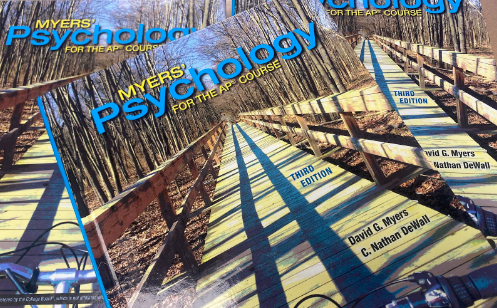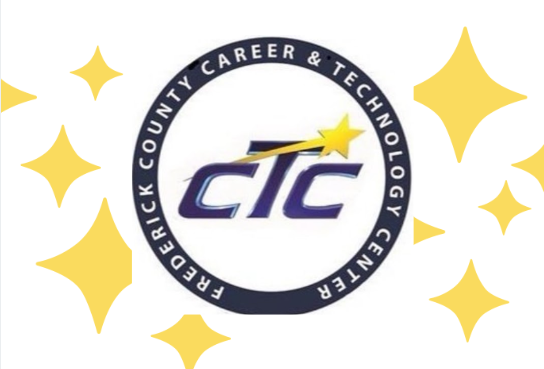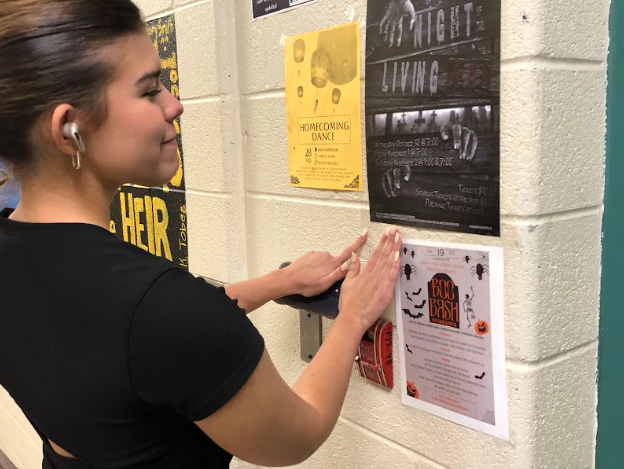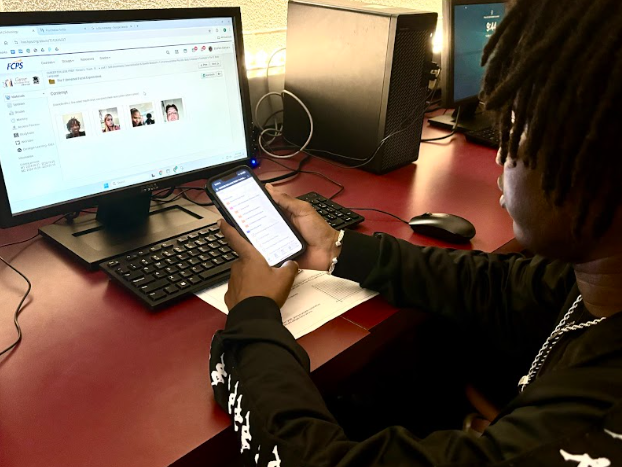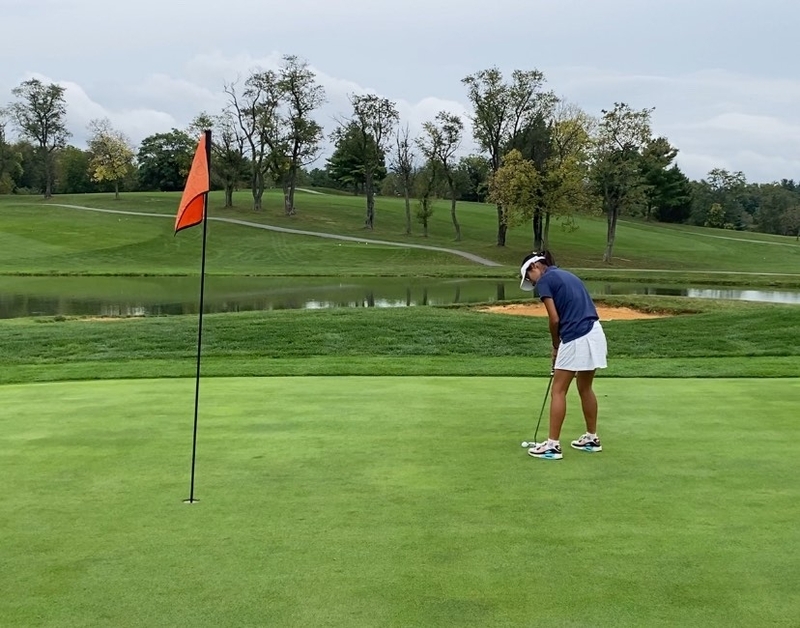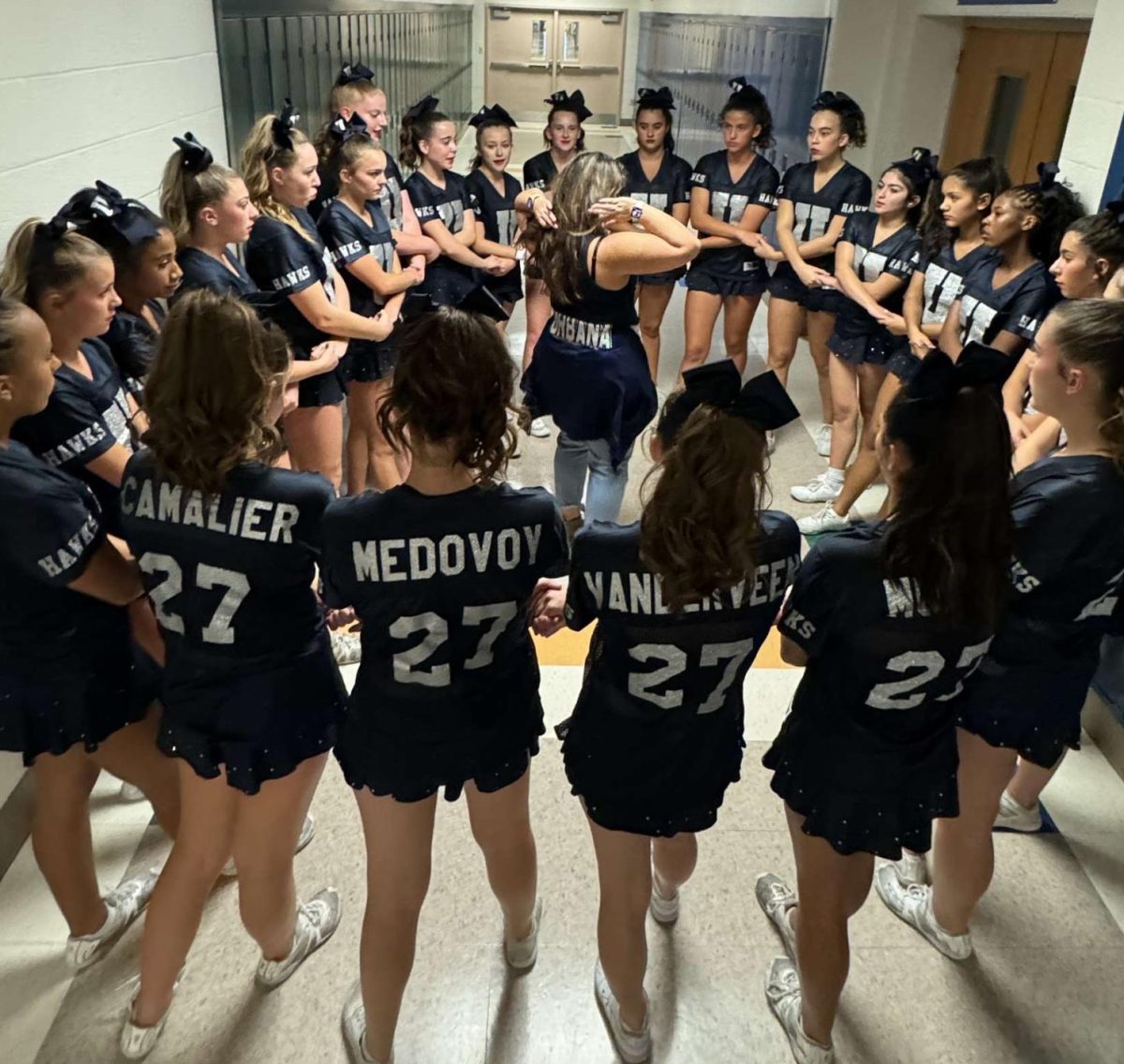ADHD In School Environments
Photo courtesy of Getty Images.
October 24, 2018
As a student in a high school with such a large and diverse population as Urbana High School, there is an almost guaranteed chance that you know or have met someone with a mental condition. One of the most common ones that affects approximately 2 million children within the United States is called Attention Deficit Hyperactivity Disorder, or ADHD for short. With symptoms such as decreased focus, difficulty paying attention, and hyperactivity, there is a certainty that many students deal with this condition on a daily basis, some without even knowing. In fact, according to the Learning Disabilities Association of America, in a classroom with 24 to 30 students, at least one has ADHD. But with so many teenagers dealing with ADHD, why is the typical classroom setting still so rigidly structured to cater only to students who are able to sit still and quiet for hours?
Schools are neglecting their responsibility of creating equal opportunities for all students to learn by not acknowledging the disadvantage that ADHD students have in inflexible classroom settings. Teenagers with this condition often have trouble focusing for long periods of time, which makes is difficult for them to continually do the concentrated, intensive work that school often requires on a day-to-day basis. ADHD is also characterized by hyperactivity, which may cause students to become overactive in a way that is not compatible with the stillness demanded by lectures and worksheets.
At a closer look, it almost seems as if the school system has been designed to work against students with conditions like ADHD. No significant measures or even attempts have been made to improve this system in any widespread way that adapts to these distinct needs. As long as learning is dictated by the structure of public schools that only conform to the learning preferences of a small but convenient minority, students with ADHD will continue to struggle to gain the same knowledge that is more easily achieved by others.



